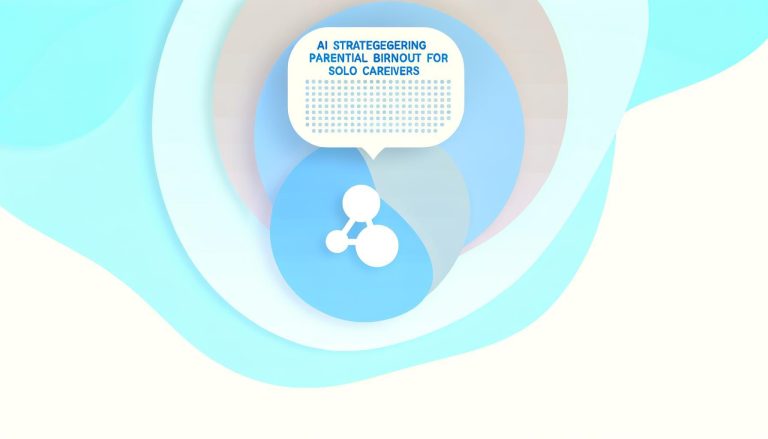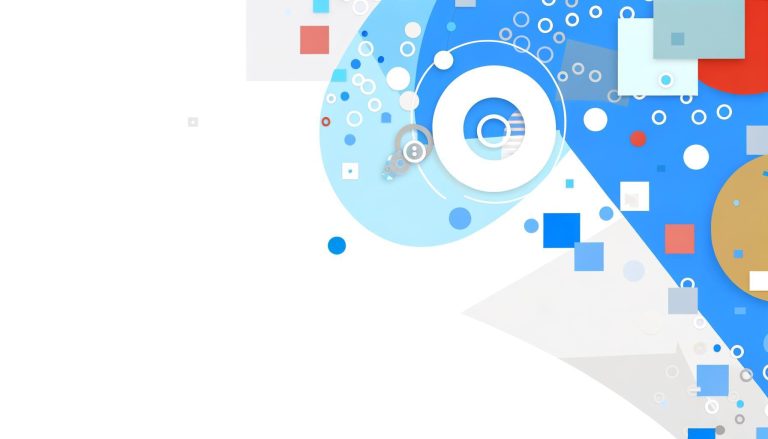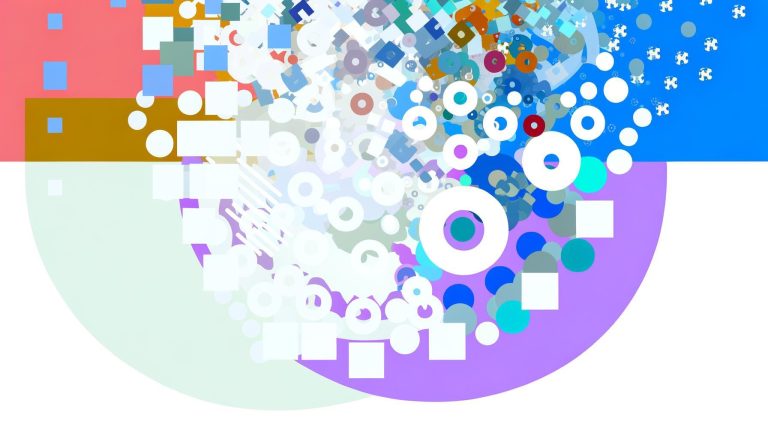With this selection of articles, we explore the question: Can AI help with mental health? If so, how?
The Rise of AI in Mental Health
AI’s ability to analyze large datasets and identify patterns has made it a valuable tool in mental health care. The rise of AI in this field can be attributed to several factors:
- Increasing Mental Health Awareness: With growing awareness of mental health issues, there’s a higher demand for effective and accessible mental health services.
- Technological Advancements: Innovations in machine learning and natural language processing enable AI systems to understand and interact with humans more naturally.
- Data Availability: The proliferation of digital health records and the willingness of individuals to share data through apps and wearables have provided a wealth of information for AI systems to analyze.
AI in Diagnosis and Early Detection
One of the most promising applications of AI in mental health is in the diagnosis and early detection of mental health conditions. Traditional diagnostic methods can be time-consuming and subjective, often relying on self-reported symptoms and clinical observations. AI can enhance these methods in several ways:
Analyzing Behavioral Patterns
AI algorithms can analyze data from various sources, such as social media activity, smartphone usage, and wearable devices, to detect changes in behavior that may indicate mental health issues. For example, a sudden decrease in social media activity or changes in sleep patterns could signal depression or anxiety.
Natural Language Processing
AI-powered chatbots and virtual therapists use natural language processing to understand and respond to text and speech. These systems can analyze the content and tone of conversations to identify signs of mental distress. For instance, they can detect negative sentiment, changes in speech patterns, and expressions of hopelessness, which may indicate depression or suicidal thoughts.
Predictive Analytics
By analyzing historical data, AI can identify patterns and risk factors associated with mental health conditions. Predictive models can help clinicians identify individuals at risk of developing mental health issues, allowing for early intervention and prevention strategies.
Personalized Treatment and Therapy
Personalized treatment is a cornerstone of effective mental health care. AI can contribute to personalized treatment plans by providing tailored recommendations based on individual data.
Customized Therapy Plans
AI algorithms can analyze a patient’s history, preferences, and response to previous treatments to recommend personalized therapy plans. For example, if a patient has not responded well to cognitive-behavioral therapy (CBT), the AI system might suggest alternative approaches such as dialectical behavior therapy (DBT) or mindfulness-based therapy.
AI-Powered Virtual Therapists
Virtual therapists, powered by AI, provide accessible and cost-effective mental health support. These systems can offer real-time counseling and emotional support, helping individuals manage their mental health outside of traditional therapy sessions. They can also provide coping strategies, relaxation techniques, and other therapeutic exercises.
Continuous Monitoring and Feedback
AI-enabled apps and wearables can continuously monitor a patient’s mental health and provide real-time feedback. For instance, an app might prompt a user to engage in a relaxation exercise if it detects elevated stress levels. Continuous monitoring allows for timely interventions and adjustments to treatment plans based on the patient’s current state.
Enhancing Access to Mental Health Services
Access to mental health services remains a significant barrier for many individuals. AI has the potential to bridge this gap by providing scalable and accessible mental health support.
Remote Therapy and Counseling
AI-powered platforms can deliver therapy and counseling services remotely, making mental health care more accessible to individuals in rural or underserved areas. These platforms can connect users with licensed therapists and provide AI-driven support between sessions.
24/7 Availability
AI systems are available 24/7, offering support at any time of day. This availability is crucial for individuals experiencing mental health crises outside of regular office hours. AI chatbots and virtual therapists can provide immediate assistance and guide users to appropriate resources.
Language and Cultural Sensitivity
AI systems can be programmed to understand and respond to multiple languages and cultural contexts. This capability ensures that mental health support is inclusive and accessible to a diverse population. For example, AI-powered apps can provide culturally relevant resources and support to individuals from different backgrounds.
Reducing Stigma and Encouraging Engagement
Stigma remains a significant barrier to seeking mental health care. AI can play a role in reducing stigma and encouraging individuals to engage with mental health services.
Anonymity and Privacy
AI-powered platforms can offer anonymous and confidential support, allowing individuals to seek help without fear of judgment. This anonymity can encourage people who might be hesitant to engage with traditional mental health services to seek support.
Self-Help Tools
AI-driven self-help tools and apps provide individuals with resources to manage their mental health independently. These tools can include mood tracking, meditation exercises, and cognitive-behavioral techniques. By empowering individuals to take control of their mental health, AI helps reduce the stigma associated with seeking help.
Awareness and Education
AI can help raise awareness and educate the public about mental health. For example, AI-powered chatbots can provide information about mental health conditions, treatment options, and coping strategies. By increasing awareness and knowledge, AI contributes to a more informed and accepting society.
Ethical Considerations and Challenges
While the benefits of AI in mental health are significant, it is essential to address ethical considerations and challenges associated with its use.
Data Privacy and Security
The use of AI in mental health involves collecting and analyzing sensitive personal data. Ensuring data privacy and security is paramount to protect individuals’ confidentiality and prevent unauthorized access to their information.
Bias and Fairness
AI systems can inherit biases from the data they are trained on. It is crucial to ensure that AI algorithms are fair and unbiased, providing equitable support to all individuals regardless of their background.
Human Oversight
While AI can enhance mental health care, it should not replace human therapists and clinicians. Human oversight is necessary to ensure that AI-driven interventions are appropriate and effective. Clinicians should work alongside AI systems to provide comprehensive and compassionate care.
Conclusion
The integration of AI into mental health care offers numerous benefits, from early detection and personalized treatment to enhanced access and reduced stigma. AI’s ability to analyze data, provide real-time support, and offer scalable solutions makes it a valuable tool in addressing the growing mental health crisis. However, it is essential to navigate ethical considerations and ensure that AI is used responsibly and in conjunction with human expertise. By leveraging the power of AI, we can create a more effective, accessible, and inclusive mental health care system.
For those interested in exploring the intersection of technology and mental health, the potential of AI offers exciting possibilities. As research and development in this field continue to advance, the future of mental health care looks promising, with AI playing a pivotal role in supporting individuals’ mental well-being.
Curious about how AI can support your mental health journey? Download the Zenora App today and experience personalized mental health support at your fingertips. The Zenora App uses your journal entries as the foundation for tailored therapy advice, ensuring that the guidance you receive is uniquely suited to your needs and experiences. With 24/7 availability, customized therapy plans, and continuous monitoring, the Zenora App is here to help you navigate life’s challenges. Discover the benefits of AI in mental health and take the first step towards a healthier, happier you. Download now and start your journey with Zenora!











